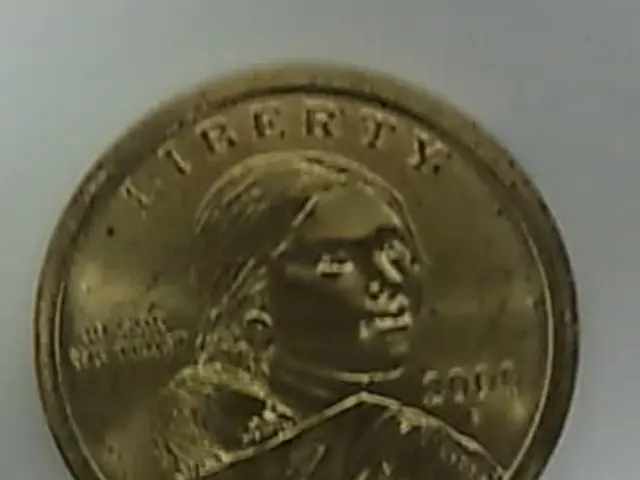Parliamentary Procedure in New Zealand: A Worn-Out Cookie Tin Determines Potential Legislative Discussions
In the hallowed halls of New Zealand's Parliament, a decorated cookie tin serves a crucial democratic function. Dubbed the "biscuit tin" lottery, this unusual process ensures every legislator has an equal opportunity to advance proposed laws, regardless of their popularity or political affiliation.
While the parliamentary setting often witnesses power struggles and backroom negotiations, the cookie tin lottery strikes a tantalizingly egalitarian note. The rite, which originated in the early 1990s, has become a significant aspect of New Zealand's democratic process.
The quaintly patterned container, purchased from a Wellington department store, may seem an unlikely symbol of parliamentary democracy. Yet, the drawing of bills from it is taken very seriously. In a departure from the usual procedural necessities, the ritual selection is conducted without the aid of computers, relying instead on traditional numbered bingo tokens.
David Wilson, Clerk of New Zealand's House of Representatives, sheds light on the tradition. "We ate the biscuits," he said, "and that is how the random numbers are drawn now." He further adds that it has become a much-admired part of their democracy.
Most bills passing through Parliament are part of the governing party's legislative agenda, already marked for success by vote. However, on one day each fortnight that Parliament sits, bills drawn from the cookie tin are debated. On a recent occasion, with three slots suddenly available on Parliament's agenda, a ballot was held in the library.
Spectators could learn which bills had won the lottery via email. The process was conducted with a flourish, as the bingo tokens representing each bill were tipped into the cookie tin and drawn. This public event, while seemingly simple, is received with a sense of delight and anticipation by the lawmakers present.
All non-minister lawmakers are permitted to enter one bill at a time into the ballot, with a neutral party, such as school students or visitors celebrating birthdays, drawing the winning entries. This process, known as the "members' bills," is a common feature of Westminster parliamentary democracies worldwide. However, Wilson could not confirm if another country employed such an unusual ceremony.
The cookie tin lottery has played a significant role in shaping New Zealand's laws. Bills such as those legalizing marriage equality and voluntary euthanasia were once drawn from the cookie tin and eventually enacted after their sponsors launched sweeping public campaigns to sway the opinions of their peers.
Two recent examples of bills drawn from the cookie tin include a measure by Arena Williams seeking greater transparency about fees associated with international money transfers and a proposal by Tim van de Molen to prohibit the improper use or disposal of military decorations.
In an interesting twist, this quirky part of New Zealand's system is said to exemplify the nation's cheerful cultural irreverence, with visitors to Parliament able to purchase commemorative mugs and socks featuring the distinctive blue pattern of the tin at the gift shop.
- The cookie tin lottery, a unique tradition in New Zealand's Parliament, has become a significant aspect of their general-news and politics, offering non-minister lawmakers an equal opportunity to advance their personal bills, even in the face of popular or political opposition.
- The"members' bills" process, which includes the cookie tin lottery, has played a crucial role in shaping New Zealand's laws, as evidenced by the passing of bills concerning controversial topics such as marriage equality and voluntary euthanasia, which were initially drawn from the cookie tin.








